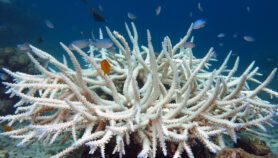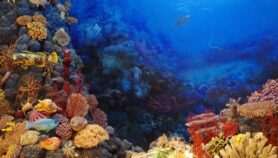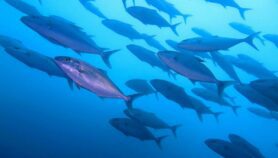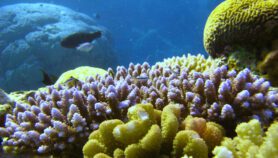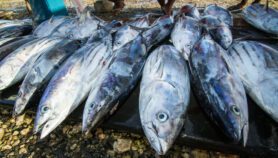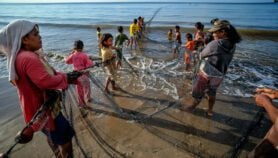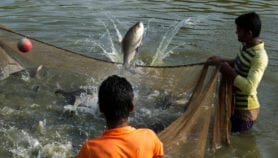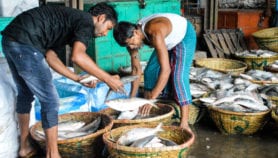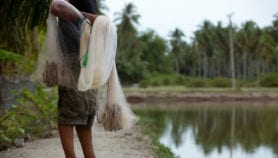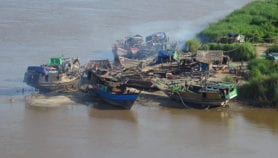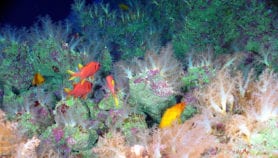By: Yao-Hua Law
Send to a friend
The details you provide on this page will not be used to send unsolicited email, and will not be sold to a 3rd party. See privacy policy.
[KUALA LUMPUR] A research project is under way to study how small-scale fish farms can reduce shared risks and improve market access through cooperation and adoption of area-based management.
Dubbed SUPERSEAS for “supermarket supported area-based management and certification of aquaculture in Southeast Asia”, the project will be carried out over four years (2016-2020) in Bangladesh, Thailand and Vietnam.
Funded by the Netherlands Organisation for Scientific Research, the project is led by a consortium of universities and international agencies concerned with food production including Wageningen University and Research (UR) centre, WorldFish and the FAO (UN Food and Agriculture Organization).
“You have to look beyond the farm to create truly sustainable production systems.”
Simon Bush, Wageningen UR
According to the FAO, aquaculture volume has been expanding at an average of almost 9 per cent every year since 1980. In 2013, aquaculture contributed 43 per cent of world total fish production, with most farmers running small-scale fish farms. But various socio-economic and environmental risks that extend beyond the farm can threaten the sustainability of small-scale fish farms.
The liquid nature of aquaculture where pollution and diseases spread in the water makes risk management untenable at the farm level, says Simon Bush, professor and chair of the environmental policy group at Wageningen UR.
“Our previous research on shrimp production (in South-East Asia) found that various factors like deforestation, salinity and water temperature affect disease incidence,” notes Bush. “But these are not factors you can manage at the farm level. A farmer has little control because these risks go beyond the farm.”
Sustainability could never be achieved by using the farmer as an individual unit of management, he says. “You have to look beyond the farm to create truly sustainable production systems.”
Switching from farm-based to area-based management should help manage risks in aquaculture, but “we haven’t got the proof of concept”, explains Bush. “We don’t have an ideal model (for South-East Asia) yet.”
To understand how area-based management might work for South-East Asia aquaculture, SUPERSEAS starts by examining the different forms of existing cooperation among fish farmers. The project will also study how area-based approaches can help fish farmers manage risk via financial mechanisms.
Although small-scale fish farms could access higher value retail markets through certification, the required financial costs and efforts prohibit farm-based certification. To address this, SUPERSEAS will examine the use of area-based approaches to help small-scale fish farms obtain certifications.
“An aggregated approach will tackle some of the environmental challenges as well as level the playing field for poorer farmers,” says Chadag Vishnumurthy Mohan, senior scientist from WorldFish.Moreover, small-scale fish farmers working together could better negotiate trade and financing deals.
SUPERSEAS “could lead to the development of area-based certification being developed on a commercial basis and ultimately improve trade between Asia and the rest of the world”, adds Mohan.
This piece was produced by SciDev.Net’s South-East Asia & Pacific desk.




